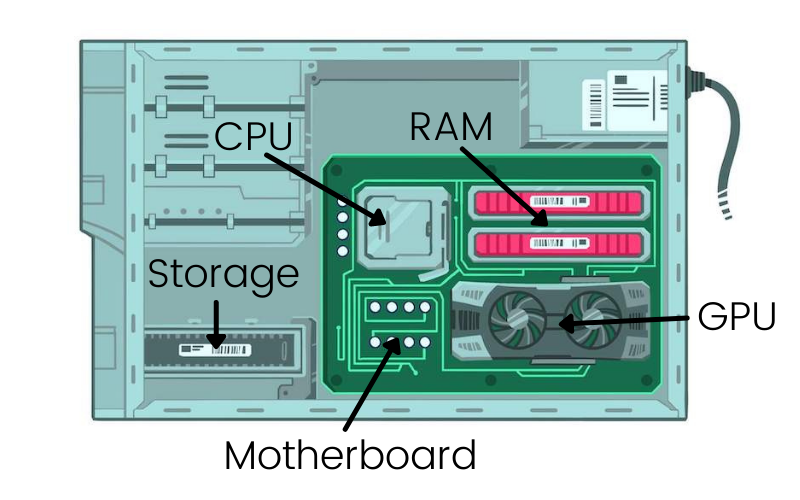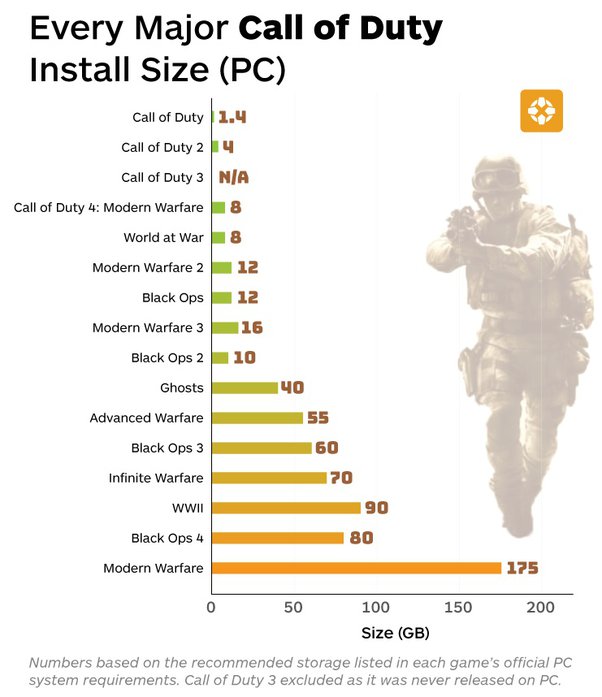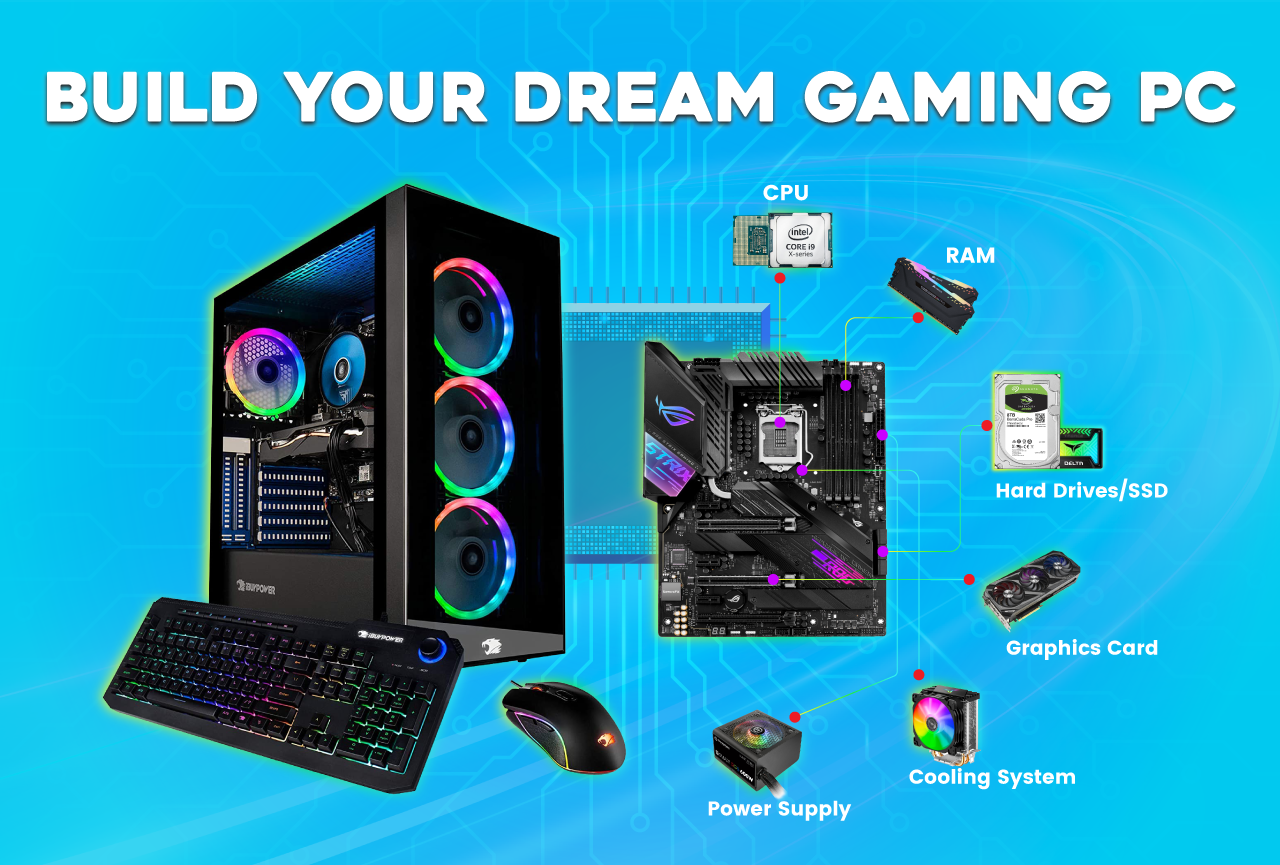Welcome to Groovy Computers, the ultimate source of information for all things computer-related! In this blog post, we'll be guiding you through the process of selecting the right components for your custom-built PC. Whether you're an avid gamer, a content creator, or just looking for a new work machine, we've got you covered. Let's dive right in!
- Central Processing Unit (CPU)
The CPU is essentially the brain of your computer. It carries out most of the processing inside your system and determines how fast your computer can complete tasks.
a. For Gamers: Look for a high-performance CPU, such as the Intel Core i7 or AMD Ryzen 7, to handle resource-intensive games. b. For Content Creators: Opt for a CPU with multiple cores, like the Intel Core i9 or AMD Ryzen 9, to handle multitasking and heavy workloads. c. For General Users: A mid-range CPU, like the Intel Core i5 or AMD Ryzen 5, should be sufficient for everyday tasks and light multitasking.
- Graphics Processing Unit (GPU)
The GPU is responsible for rendering graphics and images on your screen. A powerful GPU is crucial for smooth gaming and content creation experiences.
a. For Gamers: Choose a high-end GPU, such as NVIDIA GeForce RTX 3070 or AMD Radeon RX 6700 XT, for exceptional gaming performance and ray tracing capabilities. b. For Content Creators: Opt for a workstation-grade GPU, like NVIDIA Quadro or AMD Radeon Pro, for improved rendering and video editing performance. c. For General Users: Integrated graphics (built into the CPU) should be sufficient for basic tasks and light gaming.
- Random Access Memory (RAM)
RAM is your computer's short-term memory, used to store data for quick access. The more RAM you have, the better your computer can handle multitasking and running multiple applications.
a. For Gamers: 16GB of RAM should be enough for most modern games, but 32GB offers more headroom for future-proofing. b. For Content Creators: Aim for at least 32GB of RAM to handle video editing, 3D rendering, and other resource-intensive tasks. c. For General Users: 8GB to 16GB of RAM should be sufficient for everyday use.
- Storage
Storage options include Hard Disk Drives (HDDs) and Solid State Drives (SSDs). HDDs offer more storage capacity for the price, while SSDs provide faster read and write speeds.
a. For Gamers: A combination of SSD (for the operating system and games) and HDD (for storing other files) is recommended. b. For Content Creators: Opt for a high-capacity SSD (1TB or more) for faster file transfers and improved performance in creative applications. c. For General Users: A 512GB SSD should suffice for most users, but consider a larger capacity or an additional HDD if you store lots of files.
- Motherboard, Power Supply, and Case
These components are essential for housing and connecting all your other components.
a. Motherboard: Choose a motherboard compatible with your CPU and GPU, and ensure it has enough expansion slots for future upgrades. b. Power Supply: Opt for a power supply with enough wattage to support your components and ensure it's 80 PLUS certified for energy efficiency. c. Case: Select a case with good airflow and cable management options, as well as enough space for all your components and future upgrades.
Building a custom PC can be an exciting and rewarding experience. By carefully selecting the right components




Leave a comment
All comments are moderated before being published.
This site is protected by hCaptcha and the hCaptcha Privacy Policy and Terms of Service apply.